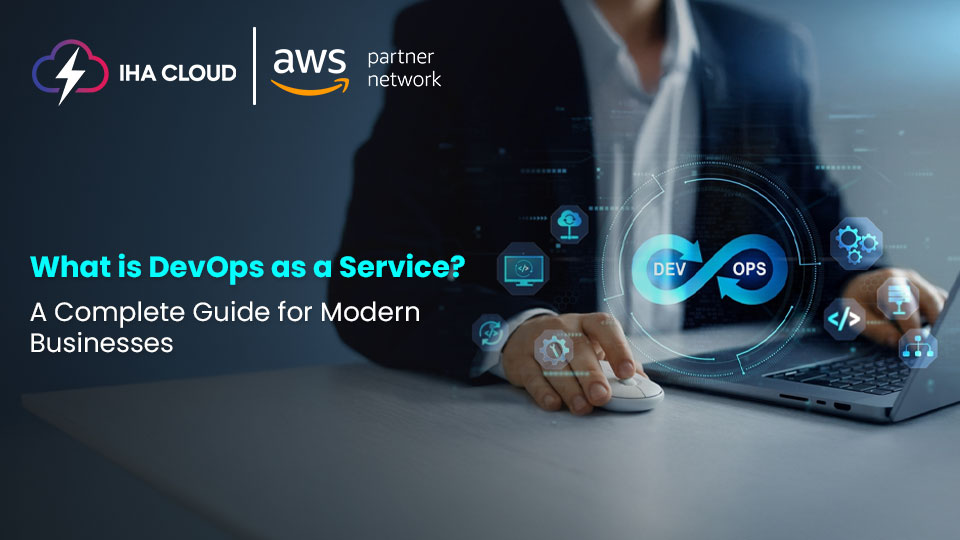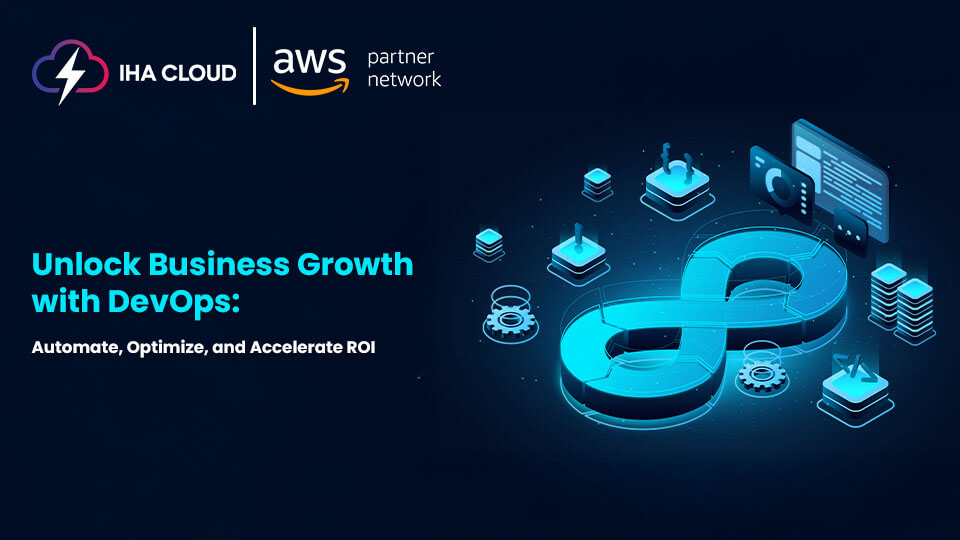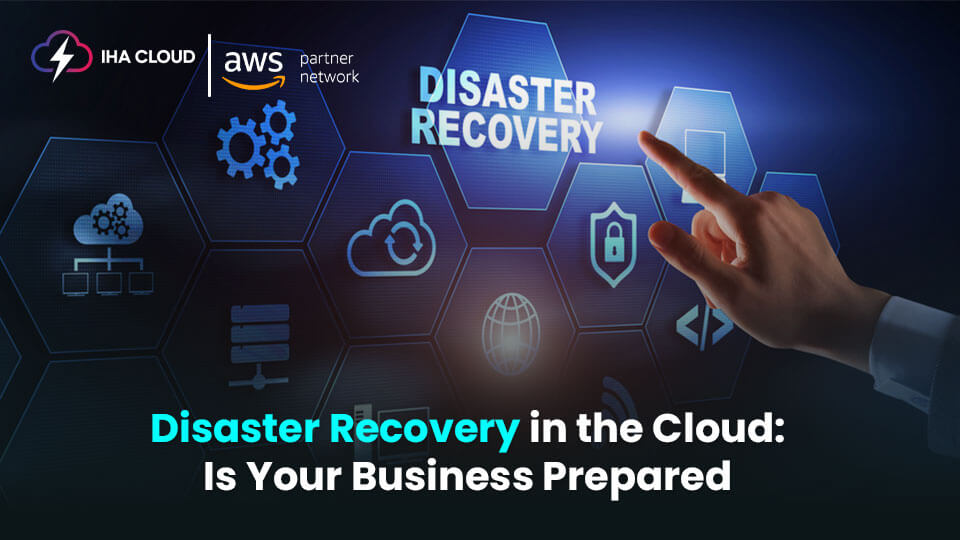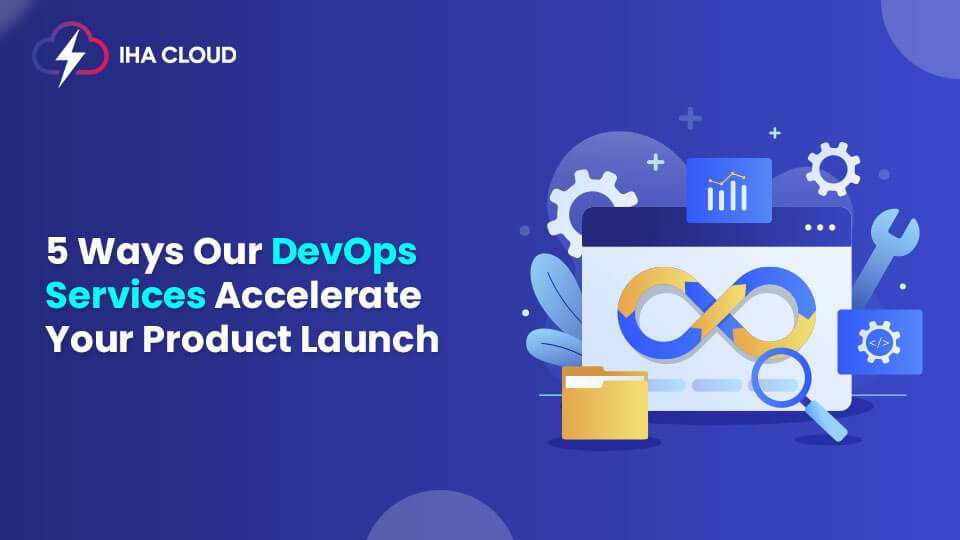What is DevOps as a Service? A Complete Guide
Introduction In today’s fast-paced digital world, businesses need to build and deliver software quickly and reliably. That’s where DevOps as a Service (DaaS) comes in. Traditionally, DevOps is a culture and a set of practices that bring together development (Dev) and operations (Ops) teams to speed up software delivery and improve collaboration. However, setting up a full DevOps infrastructure in-house can be expensive, complex, and time-consuming. DevOps as a Service solves this problem by offering DevOps capabilities through cloud-based platforms or managed services. Instead of building everything from scratch, companies can use pre-built tools, workflows, and expertise provided by a DaaS vendor. In simple words, DaaS allows businesses to focus on building their applications while experts handle the automation, infrastructure, and delivery pipelines. What Is DevOps as a Service? DevOps as a Service (DaaS) is a model where a third-party provider sets up and manages your entire DevOps environment — including CI/CD pipelines, cloud infrastructure, testing, security, and monitoring. Traditionally, companies had to: With DaaS, all of this is delivered on demand through the cloud.You get a ready-to-use DevOps framework that can scale with your business — without needing to worry about the technical complexity. In short: DaaS = DevOps delivered as a managed service, allowing you to focus on innovation while experts handle the processes. How DevOps as a Service Works DaaS providers typically follow a streamlined approach: This model eliminates the heavy lifting of setting up and maintaining DevOps in-house. Why DevOps as a Service Matters Adopting DevOps practices is no longer optional for businesses that want to stay competitive.Here’s why the DaaS approach makes sense: DevOps as a Managed Service When you opt for DevOps as a Managed Service, you essentially hire a team of experts who take care of your entire DevOps environment. Here’s what it means: This approach is ideal for businesses that: In short, DevOps as a Managed Service offers a hands-off experience. You get all the benefits of DevOps — like faster deployments, fewer errors, and better collaboration — without managing the technical complexity yourself. DevOps Platform as a Service vs. DaaS It’s common to confuse DevOps Platform as a Service (PaaS) with DevOps as a Service (DaaS), but they are not the same. Here’s the difference: 1. DevOps Platform as a Service (PaaS) 2. DevOps as a Service (DaaS) Choosing Between Them In many cases, growing businesses and startups prefer DaaS because it’s faster to set up and requires fewer internal resources. Key Benefits of DevOps as a Service Businesses are shifting to DevOps as a Service because it brings speed, efficiency, and reliability to software delivery. Let’s look at the major benefits in simple terms: 1. Faster Time to Market DaaS providers set up automated CI/CD pipelines that speed up coding, testing, and deployment.This means new features, updates, and bug fixes reach customers faster — giving businesses a competitive edge. 2. Cost-Effective Approach Building an in-house DevOps setup requires expensive tools, cloud infrastructure, and skilled engineers.With DaaS, you pay only for the services you use. This reduces upfront investment and operational costs. 3. Expert Support and Maintenance DaaS providers have experienced DevOps engineers who know best practices, tools, and security standards.You get 24/7 support, continuous monitoring, and quick resolution of issues — without hiring a full in-house team. 4. Scalability and Flexibility As your business grows, your DevOps needs also expand.With DaaS, you can easily scale up or down your infrastructure and processes to match your project’s size and requirements. 5. Enhanced Security and Compliance Leading DaaS providers ensure your workflows and infrastructure follow strict security protocols.They also help businesses comply with industry regulations like GDPR, HIPAA, or ISO standards. 6. Improved Collaboration By centralizing tools, processes, and workflows in the cloud, DaaS breaks down silos between developers, testers, and operations teams.Everyone works in sync, which reduces delays and miscommunication. In short, DaaS delivers all the DevOps benefits — speed, reliability, and cost savings — without the burden of managing everything internally. Who Benefits Most from the DaaS Model? Not every organization has the same needs.Here’s who can gain the most from DevOps as a Service: 1. Startups and Small Businesses Startups often have limited budgets and small teams.DaaS lets them launch products quickly and affordably without the expense of hiring DevOps specialists or buying complex tools. 2. Growing Companies and Mid-Sized Enterprises As businesses scale, they face challenges like handling more deployments, ensuring consistent quality, and managing complex infrastructures.DaaS provides the flexibility to grow operations smoothly without slowing down innovation. 3. Enterprises with Legacy Systems Large companies often deal with outdated infrastructure.DaaS providers can modernize their delivery pipelines and migrate them to the cloud for better performance and efficiency. 4. Software Development Agencies Agencies that manage multiple client projects can use DaaS to standardize workflows, automate testing, and deploy faster.This improves client satisfaction and reduces project delivery times. 5. Organizations with Compliance Needs Industries like healthcare, finance, and e-commerce face strict compliance requirements.DaaS providers ensure these companies maintain secure and compliant DevOps processes. Leading DevOps as a Service Providers and Platforms The growing demand for DaaS has led to many reliable service providers and platforms offering specialized tools and expertise.Here’s a look at some of the most popular and trusted DaaS solutions businesses rely on: 1. AWS DevOps Services Amazon Web Services (AWS) is one of the biggest names in cloud computing and DevOps.It offers tools like AWS CodePipeline, CodeBuild, and CodeDeploy that automate application delivery and infrastructure management.AWS is a good choice for companies already using Amazon’s cloud ecosystem. 2. Microsoft Azure DevOps Azure DevOps provides cloud-based CI/CD pipelines, repositories, project tracking, and testing tools.It integrates easily with Microsoft products and is widely used by enterprises for large-scale DevOps workflows. 3. Google Cloud DevOps Google’s DevOps services focus on reliability, security, and scalability.Tools like Cloud Build, Artifact Registry, and Cloud Deploy simplify containerized application delivery and monitoring. 4. GitLab GitLab is an all-in-one DevOps platform offering source code management, CI/CD, container registry, and monitoring in a single interface.Its
What is DevOps as a Service? A Complete Guide Read More »




